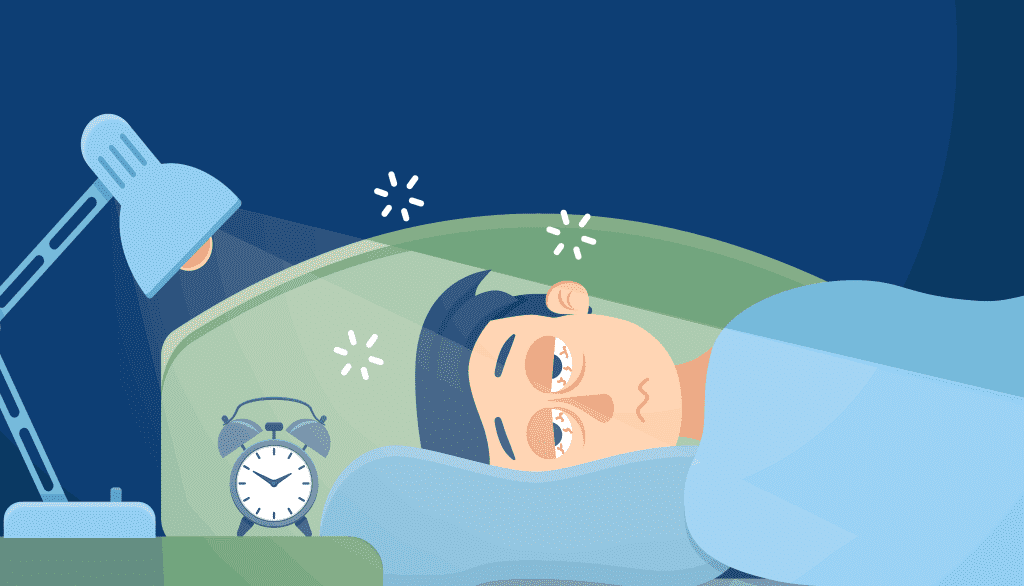They’re pretty dang easy to do, too.
“5 things to do to combat a poor nights sleep:
Increase (clear) fluid intake.
Increase time spent outdoors.
Microdose low intensity cardio activities throughout the day.
Implement a breath work/meditation session.
Don’t put pressure on the next nights sleep.”
-Ray Zingler on X
As somebody who is obsessed with optimizing performance, I know that I must be obsessed with sleeping because quality sleep is the biggest performance enhancer on the planet.
But as much as I love performance and sleep, family life and entrepreneurship make getting quality sleep a bit of a chore at times.
Here are a few things you can do to mitigate the negative effects of a poor night’s sleep. (No, I didn’t come up with these strategies, people far smarter than myself did, these are just 5 that I regularly use).
1) Increase clear fluid intake. Hydration is always important, but after a rough night’s sleep (which stresses the body) it’s even more important to optimize your cells environment. Hydration also curbs hunger cravings caused by sleep deprivation (Greenfield, Ben “Boundless”). *Caffeinate intelligently.
2) Increase time spent outdoors. The benefits of time spent outdoors are common knowledge. The need for these benefits increase when dealing with sleep deprivation. After a poor night’s sleep, get outside and let that “natty light” and Vitamin D align your circadian rhythm.
3) Microdose low intensity cardio activities throughout the day. After a night of tossing and turning for whatever reason, it’s probably not the best idea to go out and try to win the fitness Olympics. Instead, back off your training a bit and focus on short bouts of easy aerobic work. 3-5, 10-minute outdoor walks throughout the day are a win here.
4) Implement a breath work/meditation session. Lack of sleep can lead to anxiety and reduced focus as you’re probably aware. Breath work is a great way to reduce anxiety and increase focus and presence. I like to use the Box Breathing App.
5) Don’t put pressure on the next night’s sleep. Get rid of the sleep trackers, alarm clocks, trying to go to bed earlier the next night to “make up” for the previous night. All this does is add more stress to your mind which has, guess what, massively negative effects on sleep quality.
I can’t guarantee these 5 strategies will cure all your sleep disturbances, but I can guarantee they won’t hurt.
The key to quality sleep is mitigating stress and the choices we make throughout the day matter when it comes to getting Z’s at night.
Choose wisely.



